Ukraine's drastic decision to cut off the Russian gas transit contract will cause difficulties for all three. However, why is Kiev still determined to keep the "red line"?
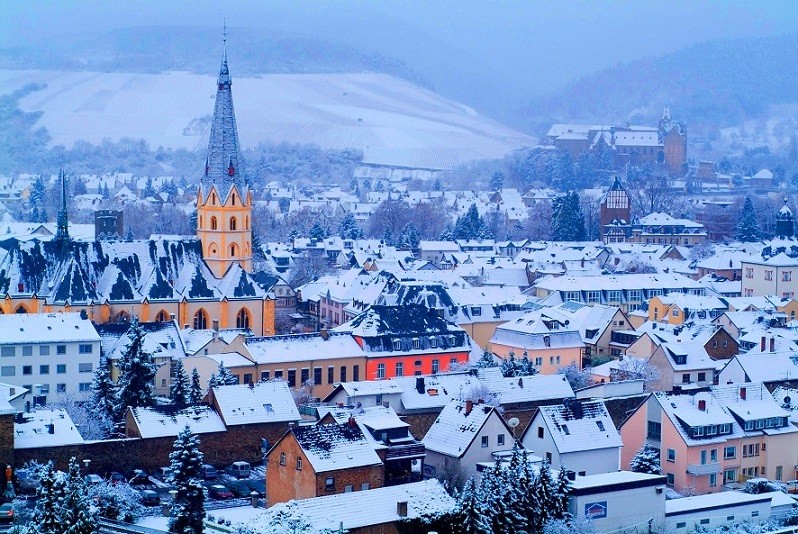 |
| Ukraine announced that it will not renew its contract for transporting Russian gas when it expires at the end of 2024. (Source: Reuters) |
At a joint press conference with Slovakian Prime Minister Robert Fico on October 7 in Kiev, Ukrainian Prime Minister Denys Shmyhal announced that his country will not renew its contract for Russian gas transit when the contract expires at the end of 2024.
According to Prime Minister Shmyhal, the country's strategic goal is to impose sanctions on Russian gas, depriving the Kremlin of profits from the sale of this commodity.
“We call on all European countries to completely abandon Russian oil and gas. We understand the dependence of some countries on such resources. But we believe in diversifying sources of supply,” Mr. Shmyhal stressed.
In December 2019, Ukraine’s state energy company Naftogaz and Russia’s Gazprom signed a gas transit agreement. Under the contract, Ukraine will transport 40 billion cubic meters of Russian gas per year from 2021 to 2024. This is the only remaining commercial contract between the two countries and is set to expire at the end of 2024.
EU's "headache"
Russia’s gas supplies to Europe via Ukraine are relatively small. Russia shipped about 15 billion cubic metres (bcm) of gas via Ukraine in 2023 – just 8% of the Kremlin’s peak gas deliveries to the continent via various routes in 2018-2019.
Moscow has spent half a century building up its gas market share in Europe, but has lost market share to rivals such as Norway, the United States and Qatar since its 2022 military intervention in Ukraine. Since then, the European Union (EU) has taken drastic measures to reduce its dependence on Russian gas.
Russia ships its gas to Europe via the Urengoy-Pomary-Uzhgorod pipeline. The gas is transported from Siberia through the town of Sudzha – currently under the control of Ukrainian military forces – in Russia’s Kursk region. The gas then flows through Ukraine to Slovakia.
In Slovakia, the gas pipeline splits into branches going to the Czech Republic and Austria.
As of now, Austria still receives most of its gas via Ukraine, while Russia accounts for about two-thirds of Hungary's gas imports.
Meanwhile, Slovakia buys about 3 bcm of gas from Russian energy giant Gazprom each year, also covering about two-thirds of its needs. The Czech Republic almost completely cut off gas imports from Moscow last year.
Gas prices in the 27-member bloc have surged in 2022, reaching record highs, as Moscow cut supplies to Europe in response to sanctions over its military campaign. The surge will not be repeated if the Russia-Ukraine transit deal expires, EU officials and traders say, because the volume of gas flowing through Europe is modest and the region is prepared.
However, some observers have noted that although the volume of Russian gas transported to Europe via Ukraine is not large, it is still a "headache" for the region. Many members such as France and Germany have announced that they will no longer buy Russian gas, but for Slovakia, Hungary and Austria - countries with closer ties to Moscow - the issue is not so simple.
Countries that still receive Russian gas say it is the most affordable fuel.
James Hill, CEO of MCF Energy (Canada), affirmed that this is a bold move by Ukraine but it also poses a significant challenge for Europe. Europe's gas supply "could be at risk".
The International Energy Agency (IEA) also noted that the end of Ukraine's transit would force Europe to rely more on reserves and alternative sources, mainly liquefied natural gas (LNG), increasing the need for additional reserves.
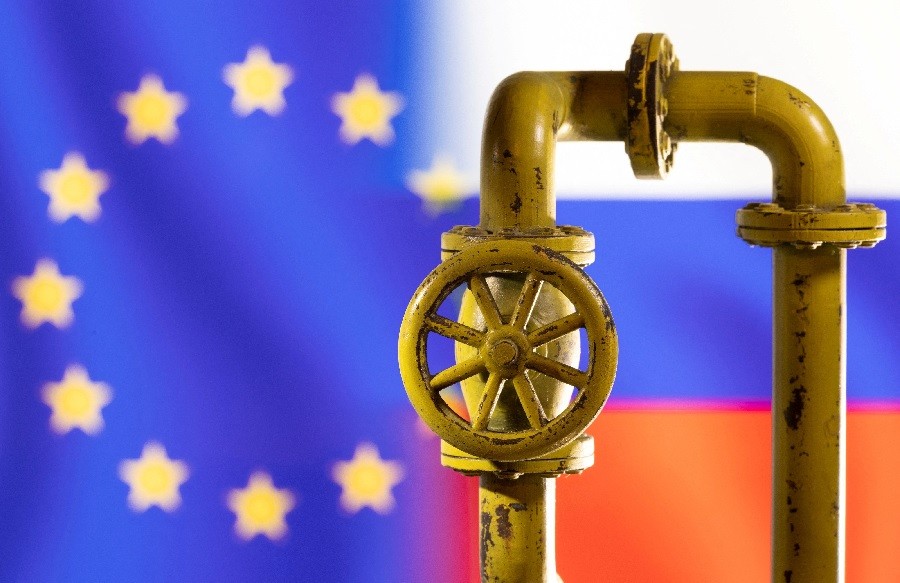 |
| EU gas prices have surged in 2022, reaching record highs, as Russia cut supplies to Europe in response to sanctions related to the special military operation. (Source: Reuters) |
A heavy blow to Russia?
According to Reuters calculations, Russia earns more than $3 billion from selling gas through Ukraine based on an average gas price of $200 per 1,000 cubic meters.
Mr. James Hil also said that if Kiev decides to cut off the last commercial contract with Moscow, Gazprom will lose nearly 7 billion USD in revenue from this contract. This is a heavy blow to the country.
Meanwhile, in August 2024, Kremlin spokesman Dmitry Peskov revealed that the country had plans to deal with the disruption of gas flows when the contract was not renewed.
"If Ukraine decides not to extend the gas transit agreement, this will seriously harm the interests of European consumers, who are still ready to buy a lot of Russian gas at affordable prices, cheaper than gas from other sources, especially from the United States," Dmitry Peskov affirmed.
Moscow also announced its readiness to extend the transit agreement, but Kiev has repeatedly said it will not do so.
Ukraine firmly sticks to "red line"
For Ukraine, Bloomberg news agency said, a bitter reality for Kiev is that no one needs the extension of the gas transit contract as much as they do.
Financially, Ukraine risks losing up to $800 million a year in shipping fees, according to estimates by Mykhailo Svyshcho, an analyst at Kiev-based ExPro Consulting.
AFP news agency said that although it really wants to maintain this network, Ukraine is also persistently maintaining its "red line" with Russia.
President Volodymyr Zelenskiy has repeatedly vowed to cut Russia off from the country's transport network to cut off the flow of money to the Kremlin. Instead, Kiev is looking for other suppliers.
The country has held transit talks with Azerbaijan, which currently supplies gas to eight European countries. But so far, there are no concrete proposals from traders to discuss.”
In fact, even with a new contract, Azerbaijan's gas production will not be enough to completely replace Russian gas in the short term.
With global energy supply and demand still tightly balanced, the loss of the route through Ukraine would almost certainly risk causing volatility in European markets. Will Ukraine “turn the corner” in the remaining months of the year to avoid further difficulties for itself, Europe and Russia?
Source: https://baoquocte.vn/ukraine-cat-hop-dong-khi-dot-voi-nga-con-dau-dau-moi-cua-chau-au-kiev-co-that-su-muon-dieu-nay-289389.html


![[Photo] Close-up of Vietnam's sniffer dog team searching for earthquake victims in Myanmar](https://vstatic.vietnam.vn/vietnam/resource/IMAGE/2025/4/1/d4949a0510ba40af93a15359b5450df2)
![[Photo] Prime Minister Pham Minh Chinh meets with King Philippe of Belgium](https://vstatic.vietnam.vn/vietnam/resource/IMAGE/2025/4/1/be2f9ad3b17843b9b8f8dee6f2d227e7)


![[Photo] General Secretary To Lam receives King Philippe of Belgium](https://vstatic.vietnam.vn/vietnam/resource/IMAGE/2025/4/1/e5963137a0c9428dabb93bdb34b86d7c)
![[Photo] President Luong Cuong and King Philippe of Belgium visit Thang Long Imperial Citadel](https://vstatic.vietnam.vn/vietnam/resource/IMAGE/2025/4/1/cb080a6652f84a1291edc3d2ee50f631)

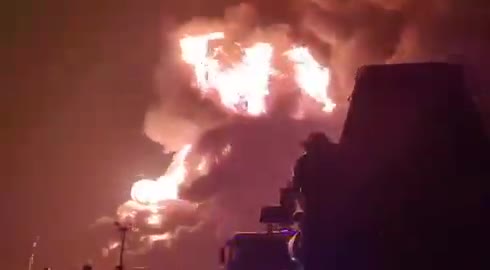





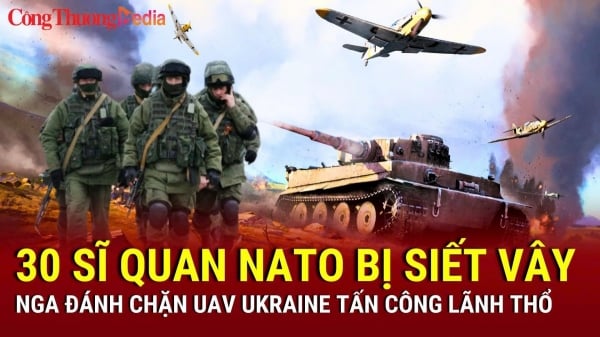
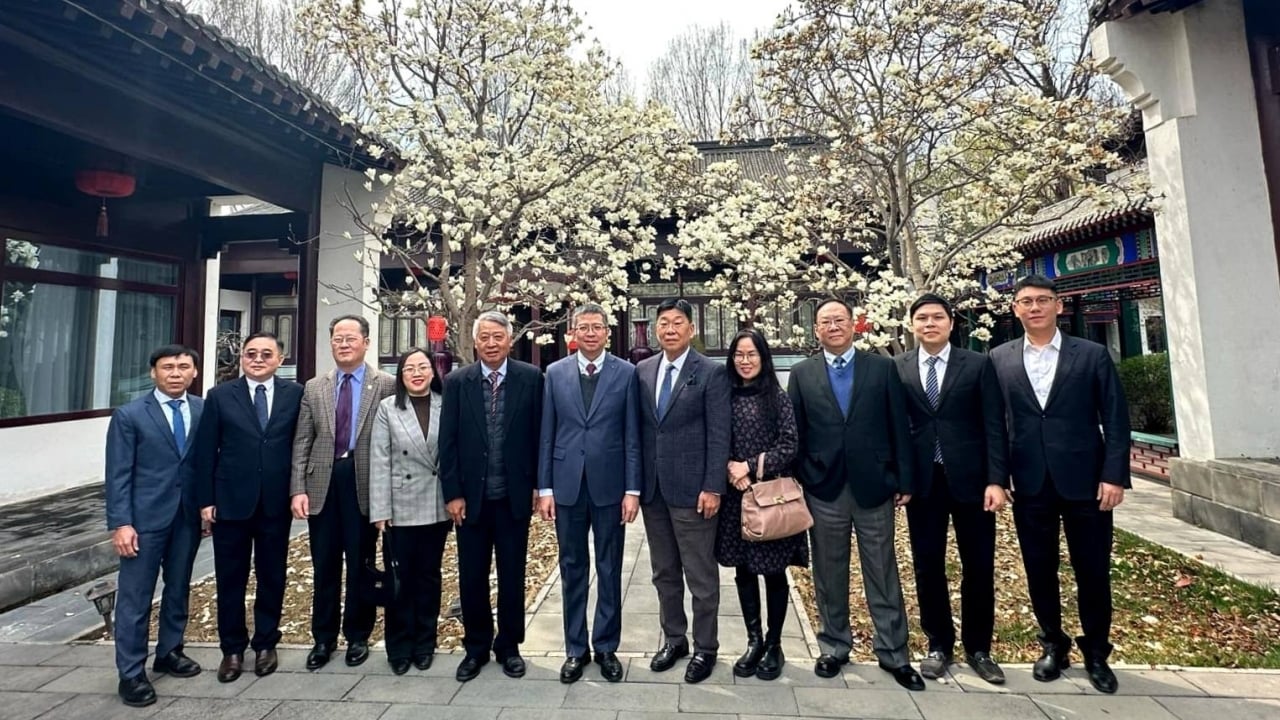
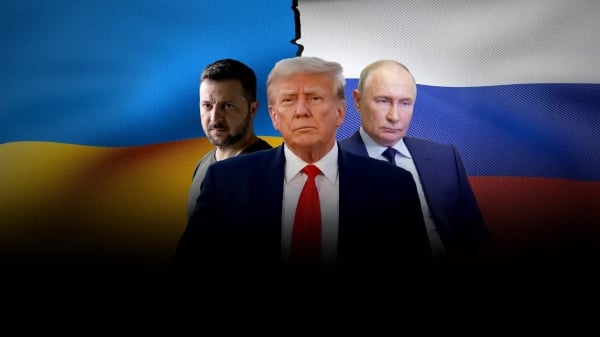


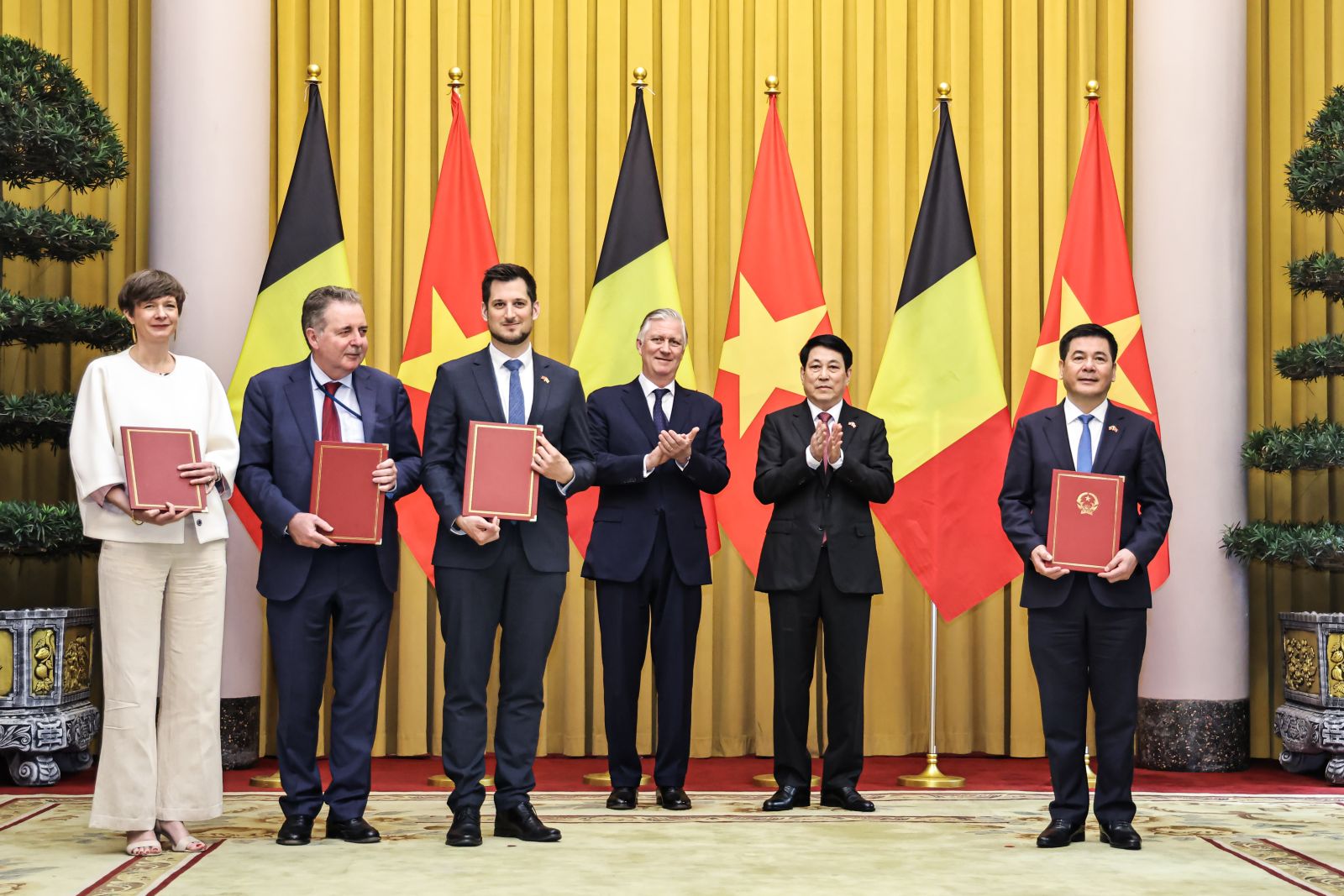








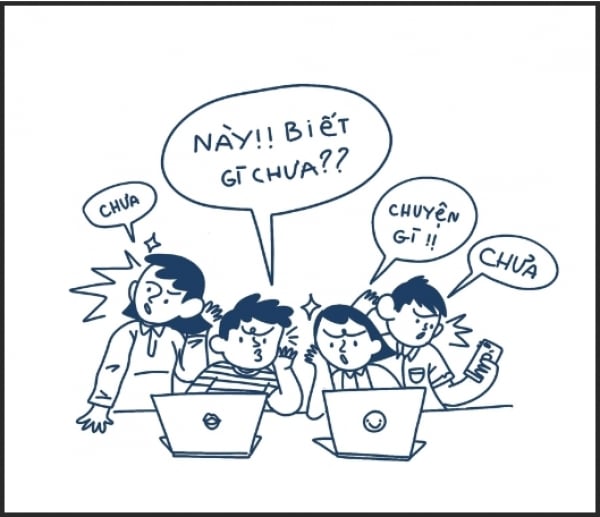

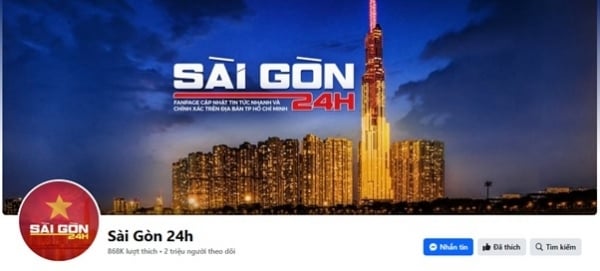

















































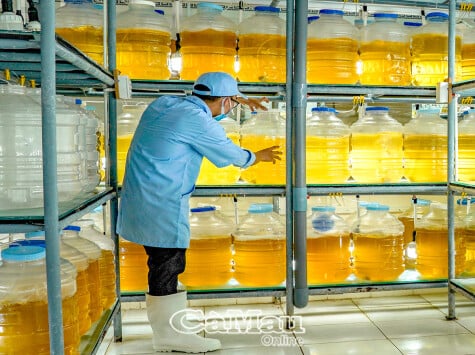




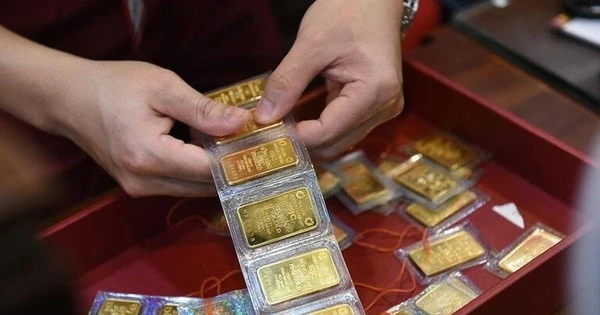













Comment (0)